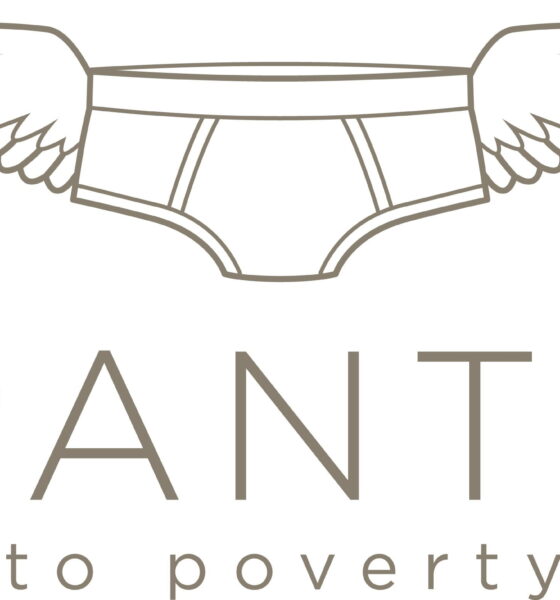

Features
Ethical retailer of the week: Pants to Poverty
Sourcing organic cottons from Indian farmers, Pants to Poverty sells people underwear and directs part of its profits to charities and projects to support its growers.
The firm was inspired by the 2005 Make Poverty History campaign, led by Nelson Mandela, when founders decided to take a stance against climate challenges and poverty in developing countries.
“We prove that doing something amazing can be easy, fun and even sexy”, the compa states.
Pants to Poverty works with Indian farmers to source organic and environmentally sustainable cotton to make its products. The areas in which the cotton is grown had been previously farmed using chemical fertilisers and pesticides, when the Green Revolution arrived in India, not without complications.
However, today the 13 farmers’ co-operatives called Chetna Organic work to sustain 1,000 villages in the states of Andhra Pradesh, Maharashtra and Odisha.
Pants to Poverty buys cotton directly from the villages, supports development work and funds educational material and internet connection in the villages. The garment factory Armstrong – set up in 1969 – is nowadays carbon neutral and supports real living wage programme for factory workers. It is also committed to tackle water waste, by reducing the amount of water needed for each pair of pants.
Last year, the firm launched an educational programme called Pantrepreneur Challenge in UK colleges, with the winners awarded with a trip to India’s cotton farms where they had the chance to visit Pants to Poverty’s supply chain and even work in the fields.
As of today, Pants to Poverty products are sold across 20 countries, supporting over 5000 in India. The firm is also participating to the Enough Food for Everyone IF campaign.


 Features11 months ago
Features11 months agoEco-Friendly Cryptocurrencies: Sustainable Investment Choices

 Energy11 months ago
Energy11 months agoThe Growing Role of Solar Panels in Ireland’s Energy Future

 Energy10 months ago
Energy10 months agoGrowth of Solar Power in Dublin: A Sustainable Revolution

 Energy10 months ago
Energy10 months agoRenewable Energy Adoption Can Combat Climate Change




























